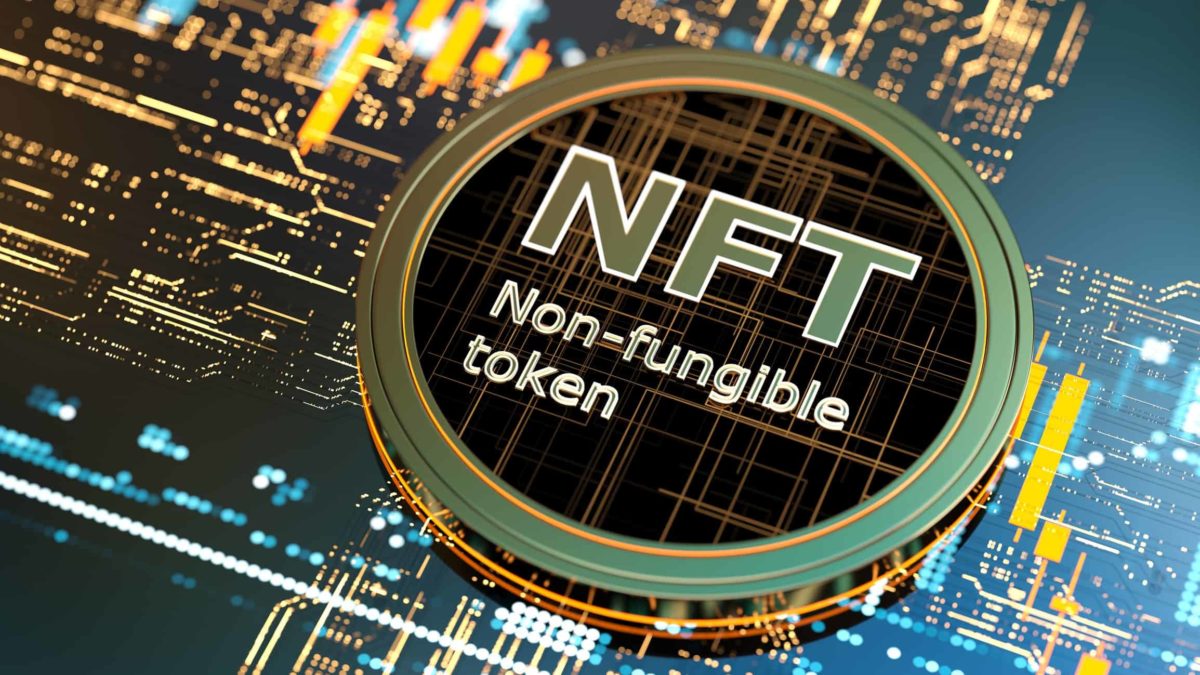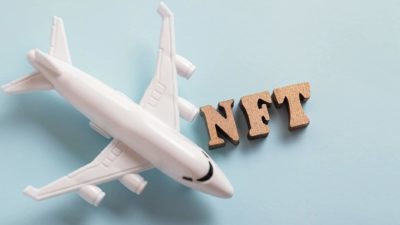The hottest new asset class at the moment, non-fungible tokens (NFTs), is set to become a standard part of everyone's investment portfolios within the next few years.
That's according to deVere Group chief Nigel Green, who noted big-name corporations have started to get in on the action.
"Over the last year, the NFTs market has exploded, with a digital-only piece of art selling for US$69 million in 2021," he said.
"Since then, an ever-growing number of celebrities and artists, and fashion, music, tech and sports brands have been creating, buying and selling tokens."
What are NFTs?
An NFT is a digital asset that represents ownership, or more accurately custodianship, of a real-world video, photo, artwork or even real estate.
The NFT is recorded on the blockchain, which is the same technology involved in cryptocurrencies.
The "non-fungible" part means that all NFTs are unique and have different values.
Fungible assets like cash and cryptocurrencies are all exchangeable for one another — that is, one Bitcoin (CRYPTO: BTC) is always the same as another Bitcoin.
But NFTs represent different items in the physical world, so no two are equivalent.
NFTs, its proponents argue, democratise the exchange of art and real estate by cutting out the middleman.
It can also divide ownership of a real world item that can't otherwise be fractionaised, such as a house.
NFTs coming into the mainstream
The extraordinary prices fetched by some artworks through NFTs have made plenty of headlines the past couple of years.
Critics have argued that this is a fad that has turned into a bubble.
But Green noted that big-brand corporations have now started protecting their assets in the NFT world.
Both Nike and Hermès recently filed lawsuits against NFT dealers for appropriating their brands.
According to Green, 3 reasons are driving the adoption of NFTs, especially among younger investors.
"First, this new digital asset class has value due to the blistering pace of the digitalisation of our world," he said.
"Millennials and Gen Z especially have digital lives and it's natural to want to take digital representations of, say, luxury brands, music, sport and art into these worlds."
Secondly, NFTs are providing an outlet for creative sectors to become more financially profitable.
"Artists and musicians, for example, can provide enhanced virtual experiences for collectors and buyers, they can prove if their works are counterfeited, and they can include criteria to get royalties every time their works are re-sold in the future."
NFT prices have held firm while stocks and cryptos have plunged
And finally, NFTs have proven to be a tool of diversification within investment portfolios.
"NFTs have a very low correlation to other assets, such as stocks and bonds, and can, therefore, lower your portfolio's overall risk and volatility levels."
Indeed, during the downward spiral of share and crypto markets in the past 6 weeks, NFTs have held their value.
"I believe 2022 will be the breakout year for NFTs and, due [to] the diversifier factor, within 5 years the decade's hottest emerging asset class will become a standard feature of investment portfolios."


